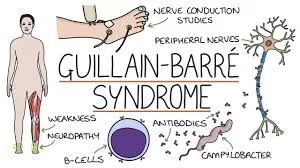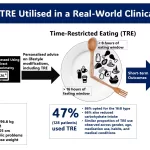In a significant stride towards early cancer detection and prevention, a team of scientists from Oxford Population Health in the UK has identified a set of blood proteins associated with 19 different types of cancer. Their groundbreaking research suggests that these proteins could potentially predict the onset of cancer at least seven years before clinical diagnosis.
Published in the esteemed journal Nature Communications on Wednesday, the studies unveil the discovery of 618 blood proteins, with 107 among them identified in individuals whose blood samples were collected seven years prior to their cancer diagnosis.
“The significance of these proteins lies in their potential involvement in the very early stages of cancer development, offering a window of opportunity for preventive measures,” stated the researchers.
The methodology employed by the scientists involved the application of proteomics, a robust technique facilitating the comprehensive analysis of a large pool of proteins in tissue samples at a specific moment. This approach enables the observation of protein interactions and the identification of crucial variances among tissue samples.
The primary study encompassed the analysis of blood samples procured from over 44,000 individuals, including more than 4,900 who later received a cancer diagnosis. Through proteomics, a set of 1,463 proteins from each blood sample was meticulously examined, revealing 182 proteins exhibiting discrepancies in blood composition three years prior to cancer detection.
In a parallel investigation, genetic data from over 300,000 cancer cases underwent scrutiny, leading to the identification of 40 blood proteins associated with the risk of developing nine distinct cancer types.
Dr. Joshua Atkins, Senior Genomic Epidemiologist at Oxford Population Health, emphasized, “The genes we are born with, and the proteins made from them, are hugely influential in how cancer starts and grows.” Dr. Karl Smith-Byrne, Senior Molecular Epidemiologist at Oxford, further underscored the potential of this research, stating, “This research brings us closer to being able to prevent cancer with targeted drugs—once thought impossible but now much more attainable.”
While acknowledging the groundbreaking nature of their findings, the research team advocates for additional investigations to elucidate the precise roles these identified proteins play in the progression of cancer.
The identification of these blood proteins marks a significant leap forward in cancer research, offering promising prospects for early detection strategies and targeted interventions aimed at curbing the onset and progression of the disease. As scientists delve deeper into understanding the intricate mechanisms underlying cancer development, the quest for effective preventive measures gains momentum, holding the potential to revolutionize cancer management in the foreseeable future.











